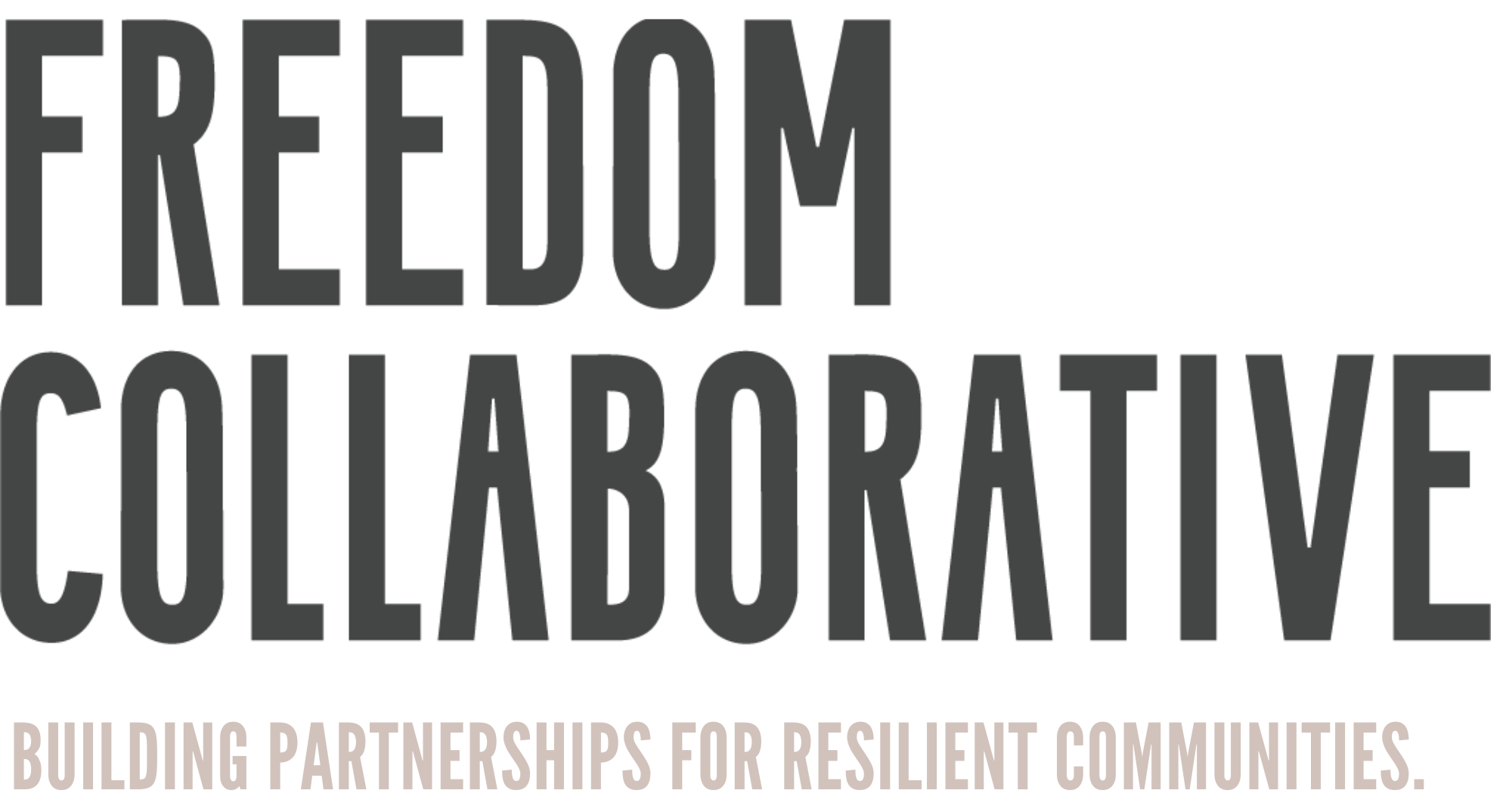Civil Society Coalition Pushes for a Comprehensive Labour Migration Policy in Malaysia
Despite recent improvements, there is still a lot of work to be done to improve the rights of migrant workers in Malaysia. A coalition of NGOs and the Socialist Party of Malaysia have collaborated to produce policy proposals for the government to address these shortcomings.
Although Malaysia was upgraded to Tier 2 Watch List in 2023, migrant workers in the country still lack protection under labour laws and have no way to voice their grievances. Adrian Pereira, Executive Director of North South Initiative, an organisation which promotes the rights of marginalised groups, says migrant workers only comprise two per cent of trade union members, and that only 17 trade unions in Malaysia, out of a total of 767, admit non-nationals as members.
North South Initiative is a member of the Migrant Workers Right to Redress Coalition. In 2016, the coalition started work on a unified document addressing all the issues related to labour migration in Malaysia, with the aim of making progressive proposals to the government. Instrumental in bringing together this coalition was Mohana Rani Rasiah, veteran activist from the Socialist Party of Malaysia (PSM), whose breadth of experience enabled her to bring together a range of NGOs for round table discussions.
Adrian Periera stresses the value of civil society collaborations in putting pressure on the government to undertake reform: “With the economic challenges facing Malaysia, micro-changes will continue happening in the country in a slow manner, and NGOs need to unite and push harder for reforms. Only by everyone working together – local workers, migrant workers, women workers, foreign spouses, and refugees - can the rights of all workers in Malaysia be assured.”
The most recent version of ‘Towards a Comprehensive National Policy on Labour Migration for Malaysia’ was released in March 2024, and contains practical suggestions to tackle exploitative practices in migrant labour recruitment and employment. Pereira mentions how such a document provides an over-arching narrative for change: “Seven to ten laws have been improved, but they have not been tied together. They need to be co-ordinated, as currently there are too many actors.” Furthermore, such advocacy initiatives support reform by counteracting the loss of institutional memory that occurs when government personnel frequently changes.
One proposal outlined in the document is banning recruitment fees and capping other migration cost charges to prevent migrants falling victim of debt bondage. It is also recommended that checks are carried out to ensure employment contracts adhere to international standards. Furthermore, migrant workers should be informed about their labour rights and have access to complaints mechanisms to report violations without fear of retaliation.
An additional concern mentioned is that although registered migrant workers (mainly from neighbouring Asian countries - Indonesia, Bangladesh, Myanmar, Nepal, Pakistan, India, Sri Lanka, Cambodia, and Laos) are now eligible for treatment for work-related accidents and illnesses, non-nationals are currently unable to access affordable healthcare. It is recommended that migrants receive the same level of medical care as Malaysians.
The labour rights of domestic workers in Malaysia is another area highlighted. They are treated as a sub-class of worker, not even covered by basic labour laws relating to minimum wage and working hours, leaving them at the mercy of unscrupulous employers. The ILO estimates that almost a third of domestic workers in Malaysia are subject to forced labour. Due to the severity of the situation, Indonesia is currently looking to phase out the recruitment of its nationals as domestic workers in Malaysia. The coalition recommends that domestic workers are given protection under the Employment Act 1955. Apart from domestic work, the Malaysian economy is dependent on migrant labour in sectors such as manufacturing, plantations, agriculture, hospitality services, and security.
Another serious issue highlighted in the report is the over 180,000 refugees and asylum seekers in Malaysia who are not legally allowed to work. Forced to find irregular work, they are vulnerable to exploitation. Granting refugees the right to work is therefore proposed.
According to official Malaysian government statistics for 2023, there are around 3 million foreign workers registered in the country (representing approximately 15% of workers in Malaysia). However, these figures exclude undocumented workers. The Malaysian Employers Federation estimates that there are twice the amount of unregistered migrant workers than those who are legally registered, indicating that foreign labour could in fact make up around 40% of the Malaysian workforce.
Share your news
Post your experiences from the field and initiatives to feature





